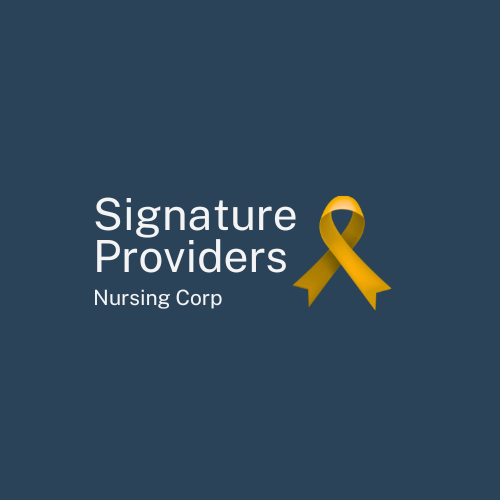
Anxiety disorders are a group of mental health conditions characterized by excessive fear, worry, or dread that interferes with daily life. While occasional anxiety is a normal response to stress, anxiety disorders persist over time and are often disproportionate to the actual situation. These conditions affect millions of people worldwide and are among the most common mental health issues.
Types of Anxiety Disorders
- Generalized Anxiety Disorder (GAD): Persistent and excessive worry about everyday events, often accompanied by physical symptoms like muscle tension, restlessness, or fatigue.
- Panic Disorder: Sudden and intense episodes of fear, known as panic attacks, which may include a racing heart, shortness of breath, and a sense of losing control.
- Social Anxiety Disorder (Social Phobia): Intense fear of social situations or being judged by others, leading to avoidance behaviors.
- Specific Phobias: Irrational fears of particular objects or situations, such as heights, spiders, or flying.
- Obsessive-Compulsive Disorder (OCD): Repetitive, intrusive thoughts (obsessions) and behaviors (compulsions) aimed at reducing anxiety.
- Post-Traumatic Stress Disorder (PTSD): Anxiety and fear triggered by a traumatic event, often accompanied by flashbacks, nightmares, or heightened arousal.
Symptoms
Common symptoms of anxiety disorders include:
- Excessive worry or fear
- Difficulty concentrating
- Irritability
- Sleep disturbances
- Physical symptoms like increased heart rate, sweating, and stomach upset
- Avoidance of certain places or activities
Causes
Anxiety disorders result from a combination of genetic, biological, environmental, and psychological factors. Stressful life events, a family history of anxiety, and imbalances in brain chemicals like serotonin or dopamine may increase the risk.
Treatment Options
- Therapy:
- Cognitive Behavioral Therapy (CBT): Helps individuals identify and change thought patterns contributing to anxiety.
- Exposure Therapy: Gradual exposure to fears to reduce sensitivity over time.
- Medication:
- Antidepressants (e.g., SSRIs or SNRIs)
- Anti-anxiety medications (e.g., benzodiazepines, used cautiously)
- Lifestyle Changes:
- Regular physical activity
- Stress management techniques like mindfulness and deep breathing
- Adequate sleep and a balanced diet
When to Seek Help
If anxiety interferes with daily activities, relationships, or overall well-being, it’s time to consult a professional. Psychiatric mental health nurse practitioners (PMHNPs) and psychiatrists can provide medication management, while psychologists and therapists focus on talk therapies.
Remember: Anxiety disorders are treatable, and seeking help is the first step toward recovery. You don’t have to face it alone!
If you have a medical or psychiatric emergency, please call 911. If you are feeling suicidal or need immediate assistance, please call the National Suicide Prevention Line at: 1-800-273-8255 or 9-8-8.

